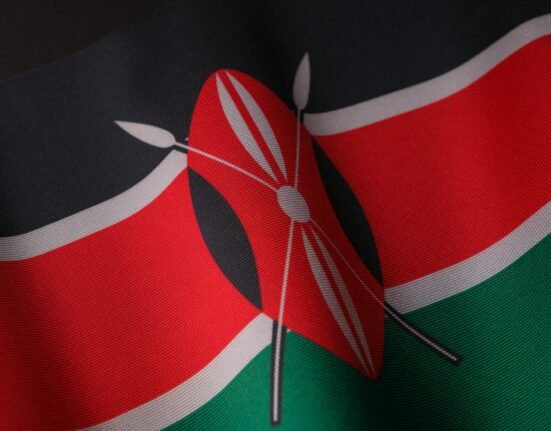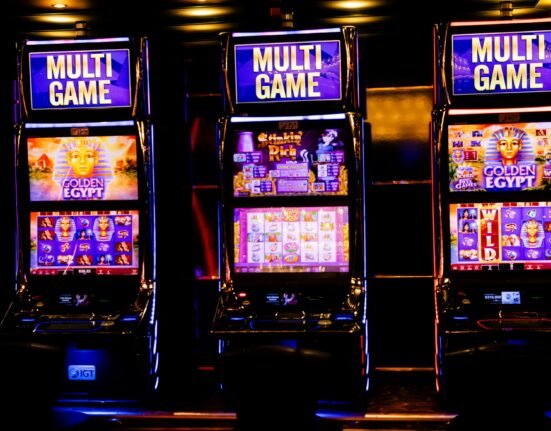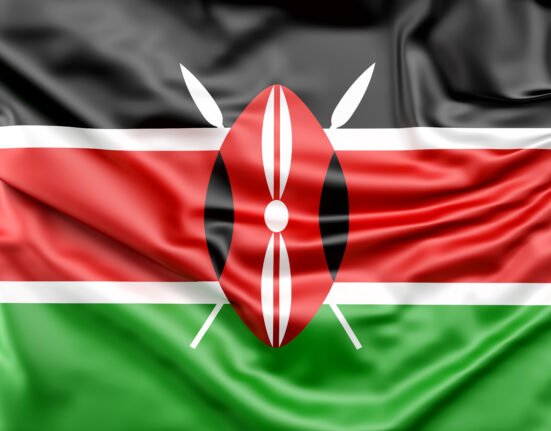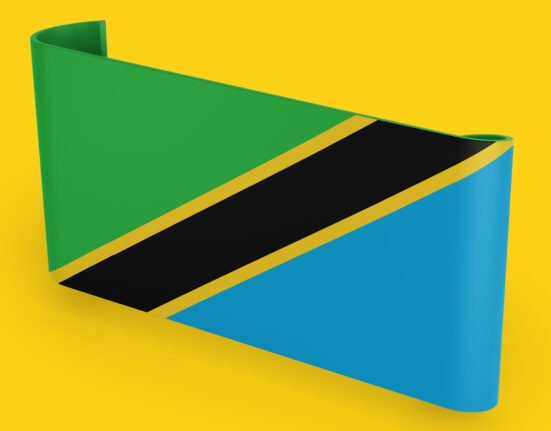ADM reveals next phase of licensing under sweeping regulatory overhaul
Italy’s gaming regulator, the Italian Customs and Monopolies Agency (ADM), has taken a major step forward in its remote gambling reform by publishing the list of 46 operators eligible to proceed to the next stage of acquiring a new remote gaming licence. This announcement forms a key milestone in a broader legislative overhaul of the country’s gaming framework, first initiated by a legislative decree on 25 March 2024.
From Applications to Action: Who Made the Cut?
The list, signed by Antonio Giuliani, Head of the Remote Gaming and Betting Office, includes some of the biggest names in the global gambling space. Among the selected operators are:
LeoVegas
Snaitech
Sisal
Stake Italia
Admiral Sport
Betfair Italia
Greentube
These brands now move forward in the ADM’s new licensing process, which aims to restructure and modernise Italy’s online gambling market, bringing it into closer alignment with current consumer trends and compliance standards across the EU.
The exclusion of all other applicants not on the list underlines the ADM’s intention to tighten oversight and reduce market fragmentation, limiting remote gambling access to only those operators who meet new, stricter eligibility requirements.
Strategic Significance: Consolidation and Compliance
This regulatory shift arrives at a critical juncture. Italy has long been considered one of Europe’s most lucrative but complex gambling markets, where overlapping responsibilities between land-based and online entities have created regulatory inefficiencies and enforcement challenges.
The inclusion of Snaitech and Sisal, both now under the Flutter Entertainment umbrella, signals an increasing consolidation of influence among global players. Snaitech, in particular, continues to expand its footprint following its €2.3bn acquisition from Playtech earlier in 2024.
Notably absent from the list are companies involved in the national lottery, such as Brightstar Lottery (formerly IGT), which recently secured the lottery concession through 2034. These omissions are expected, given that lottery licensing follows a different legal and operational pathway under ADM regulation.
A Regulatory Overhaul in Motion
The updated framework seeks to redefine the legal and commercial architecture of remote gaming in Italy. Once fully implemented, the new rules will impose clearer obligations for responsible gaming, anti-money laundering controls, and revenue transparency.
Importantly, the list’s inclusion of Stake Italia—despite its UK ban—may raise questions about cross-jurisdictional regulatory harmonisation and whether reputation in one market affects eligibility in another.
ADM’s reforms also signal Italy’s intent to simplify access for compliant operators while reducing the risk posed by unlicensed or marginally regulated platforms.
What’s Next?
The shortlisted operators must now undergo further technical and compliance assessments before final licences are granted. The outcome will determine the composition of Italy’s online gambling market for years to come.
As the new framework takes shape, it may also set a precedent for broader reforms across the EU, especially in regions exploring the balance between liberalisation and public health safeguards.
In short, Italy’s regulatory realignment is not just a national move—it’s part of a continental shift toward more responsible, sustainable, and clearly governed online gaming.























